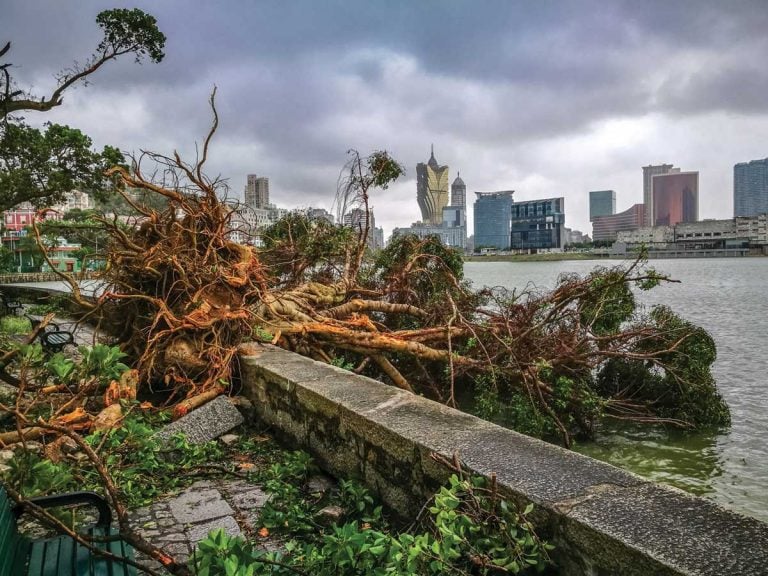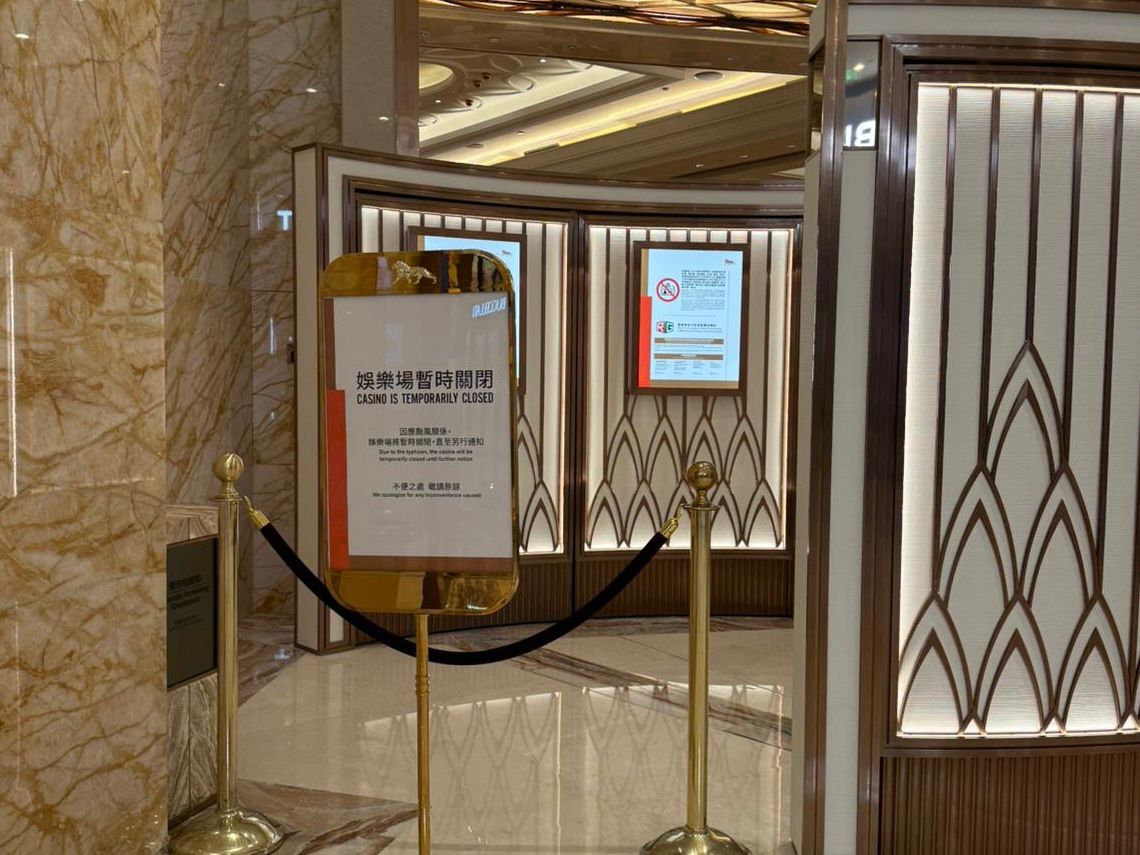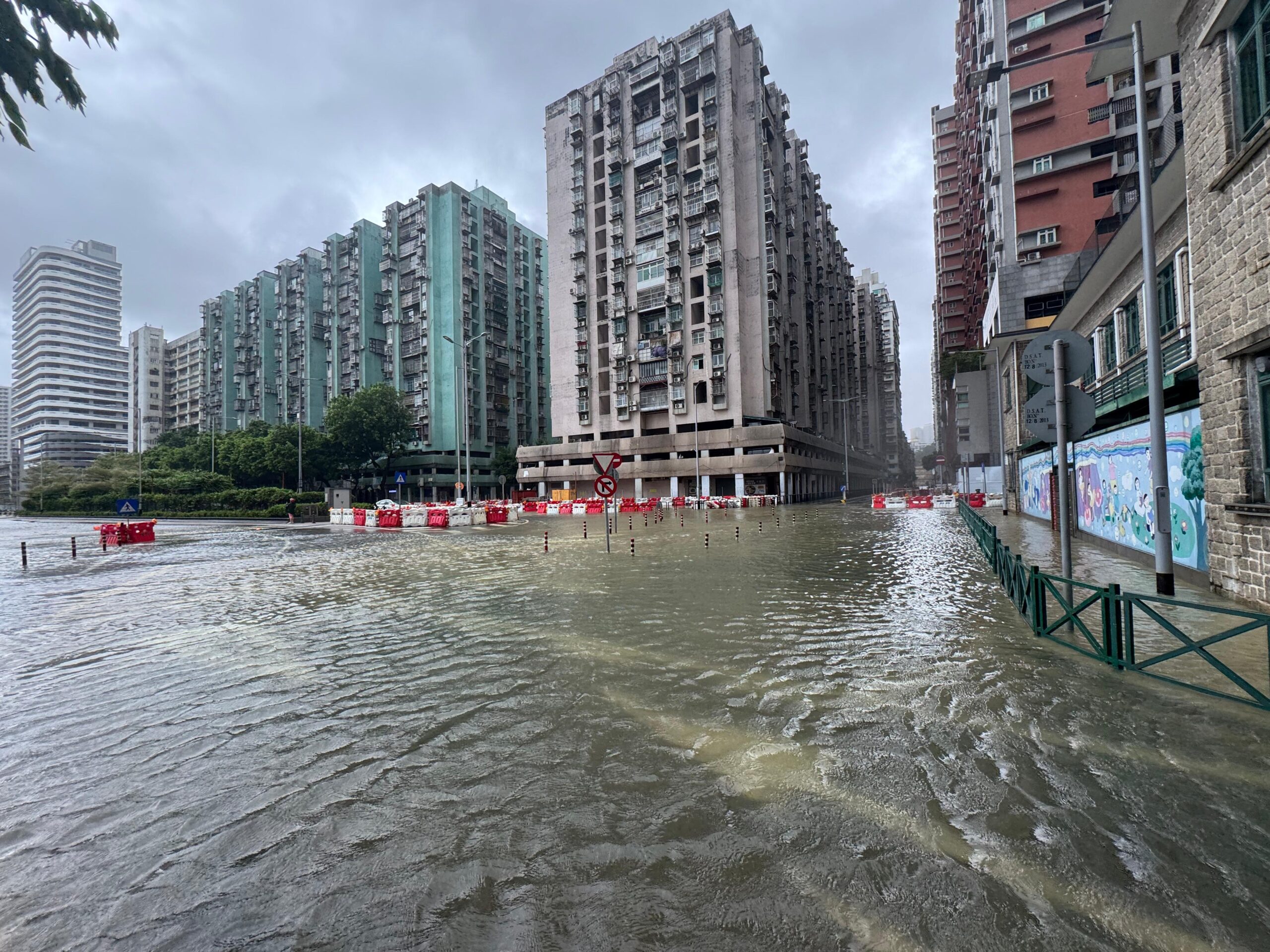
Macau’s casinos officially resumed operations at 2 a.m. on September 25 after being shuttered for approximately 33 hours in response to the onslaught of Super Typhoon Ragasa. The shutdown was triggered when the government raised the tropical cyclone warning to Signal No. 8 at 5 p.m. on September 23, with later escalation to No. 10 reflecting the storm’s severity. During that window, authorities evacuated staff and patrons from casinos, suspended ferry services, and halted border crossings and flights.

The storm’s impact on Macau infrastructure and urban districts was tangible though less catastrophic than some forecasts had feared. Flooding in the Inner Harbour district reportedly reached as high as 1.5 meters, with fallen trees, overturned scooters, and road inundation observed across multiple neighborhoods. To expedite recovery, Macau Electric (CEM) executed temporary power cuts to clear lines and facilitate repairs, with electricity progressively restored later in the day. Government agencies also downgraded the storm surge warning from red to blue as floodwaters receded.
From a regulatory and coordination standpoint, the Gaming Inspection and Coordination Bureau (DICJ) played a key role in managing the shutdown and reopening. In the lead-up to Ragasa’s landfall, it convened meetings with Macau’s six major casino operators to preemptively align on emergency protocols and ensure orderly evacuations within two hours of the No. 8 wind signal being raised. When the storm passed, DICJ oversight was essential in certifying that gaming floors were safe before resuming play. Meanwhile, the Macau Government Tourism Office (MGTO) dispatched inspectors to hotels and tourism sites, gradually reopening information counters, notifying visitors via telecom channels, and coordinating transport, visa, and power restoration queries.
The financial ramifications of the closure are already being assessed by analysts. A report cited in World Casino Directory estimates losses of around MOP 880 million (approx. USD 110 million) in gross gaming revenue (GGR), roughly a 4–5 percent shortfall in expected earnings for September. Citigroup also downgraded its Macau GGR forecast for the month to MOP 18.5 billion, attributing part of the revision to the disruption from Ragasa. Despite the setback, expectations remain that revenues will rebound, especially with the upcoming Golden Week holiday traditionally generating high tourist and gaming traffic.
While Macau avoided the extensive destruction witnessed in other regions—such as Taiwan and Hong Kong, where Ragasa left multiple fatalities, flooding, and widespread damage—the event reinforces the vulnerability of the gaming hub to extreme weather. Macau had in past storms (e.g. Typhoon Hato in 2017 and Mangkhut in 2018) experienced intense damage, extensive flooding, and multi-day business disruptions. In contrast, local authorities and disaster preparedness systems now appear more responsive. Chief Executive Ho Iat Seng (referred to colloquially as “Sam”) had warned beforehand of a severe storm surge, noting improvements in drainage infrastructure, pumping capacity, and evacuation coordination in low-lying zones. The relatively low physical damage in 2025 underscores the value of sustained investment in resilience and early warning protocols.




 Content Writer: Janice Chew • Thursday, 25/09/2025 - 22:37:13 - PM
Content Writer: Janice Chew • Thursday, 25/09/2025 - 22:37:13 - PM